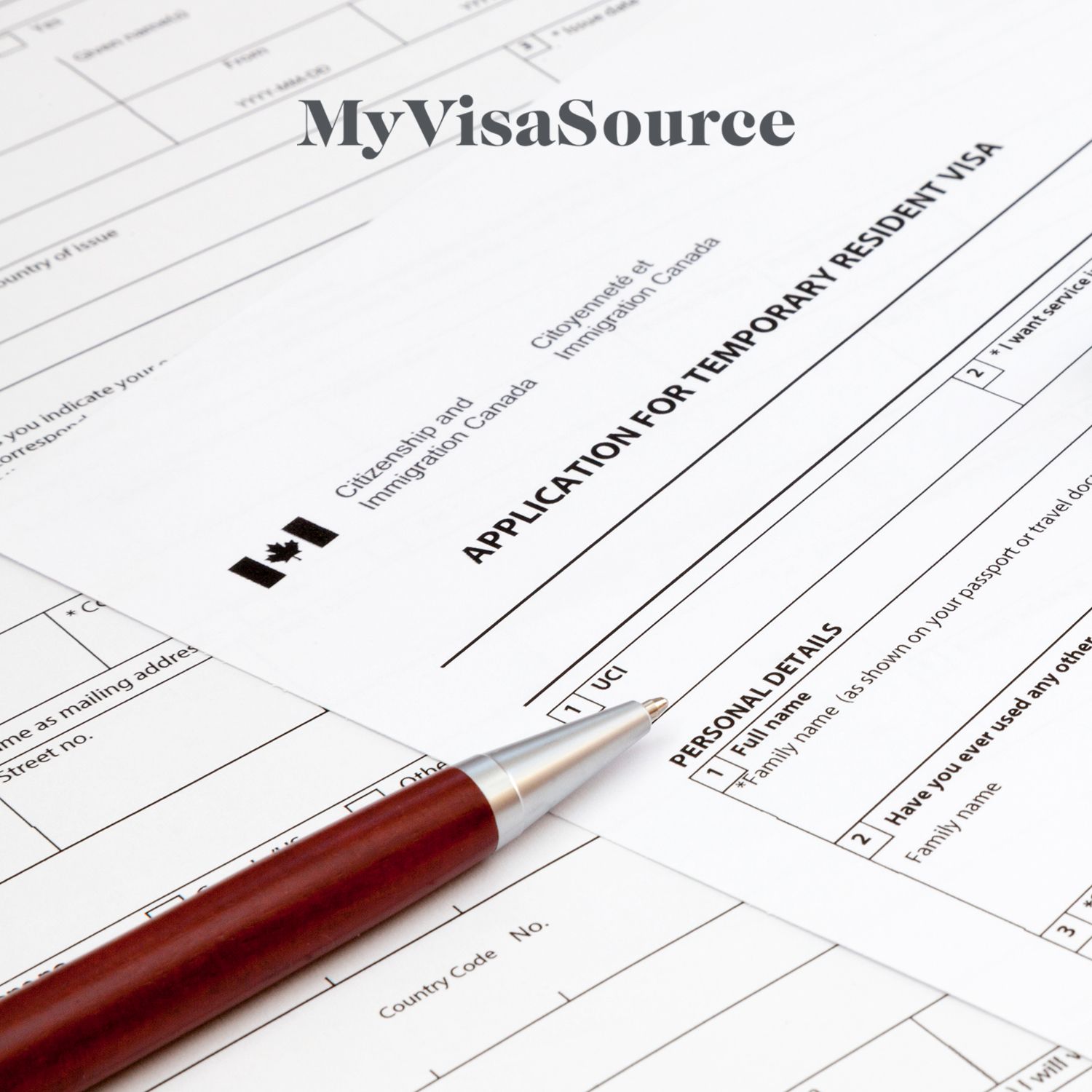The Canadian government will remove the travel restrictions for all vaccinated travelers starting from September 7, 2021. While receiving a Canadian Visitor Visa at this time might be difficult, you can easily prepare your application beforehand. Currently, most people can not travel to Canada even with valid Visitor Visas or Electronic Travel Authorizations (eTa).
Visitor Visa applications are facing longer processing times due to the ongoing Covid-19 pandemic. There are some secrets to successfully applying for a Visitor Visa. Many people applying for a Visitor Visa for the first time are confused and nervous, but there is no need. Just keeping a few points in mind will ensure the success of your Visitor Visa application.
What Is the Process of Applying for a Visitor Visa?
You are required to submit a completed application for a Canadian Visitor Visa. If you submit an incomplete application, then it will be returned to you. According to Immigration, Refugees, and Citizenship Canada, the refusal rate for Temporary Resident Visas (TRV) or Visitor Visas has increased to 1 out of 4 in 2018.
The IRCC may ask you to attend an interview with the officials at the Canadian Visa Office in your home country. Additional information may be requested. You will also be required to go through a medical examination and submit a police certificate. All this takes a few weeks or less. The processing time largely depends on the visa office in your home country.
Once your application is processed, the visa office will return your passport and other original documents submitted along with your application. Your original bank statements and any other documents, original or fake will also be returned.
If your application was successful, then the visa will be stamped inside your passport. If your application was refused, then you will receive an explanation along with your other documents.
How to Improve Your Visitor Visa Application
There are many ways to improve your Visitor Visa application. The first and foremost is to establish a strong connection to your home country to demonstrate your intention to return. This can be by the way of your employment, school attendance, any assets you own in your home country, marital status, children, and other responsibilities that will require you to return to your home country. The more documentation you provide to support this, the better.
The second way is to establish a clear purpose for visiting Canada. You must specify why you are visiting. It can be for a family celebration or a family emergency, or a work-related matter, or simply for travel. You can make your purpose of visiting extremely clear. You can also include additional details about where you intend to stay in Canada, any invitation letters, or an arranged registration to validate your purpose of visit.
The third factor to work on is providing ample documentation to support your financial arrangements. If there is insufficient proof of financial funds, then your application will likely be rejected. Therefore, it is very important to demonstrate that you have sufficient financial resources to support your trip to Canada.
What Is the Deciding Factor for Visitor Visa Applications?
Apart from the general eligibility requirements, one of the main factors for the success of your Visitor Visa application is your intention to return to your home country. The immigration officer will assess your intent to return at the expiry of your visa during the interview.
It is a priority concern for applications from developing or underdeveloped countries. Therefore, if the immigration officer assesses that you have fewer ties to your home country and are at the risk of not returning, then your application will be refused.


















